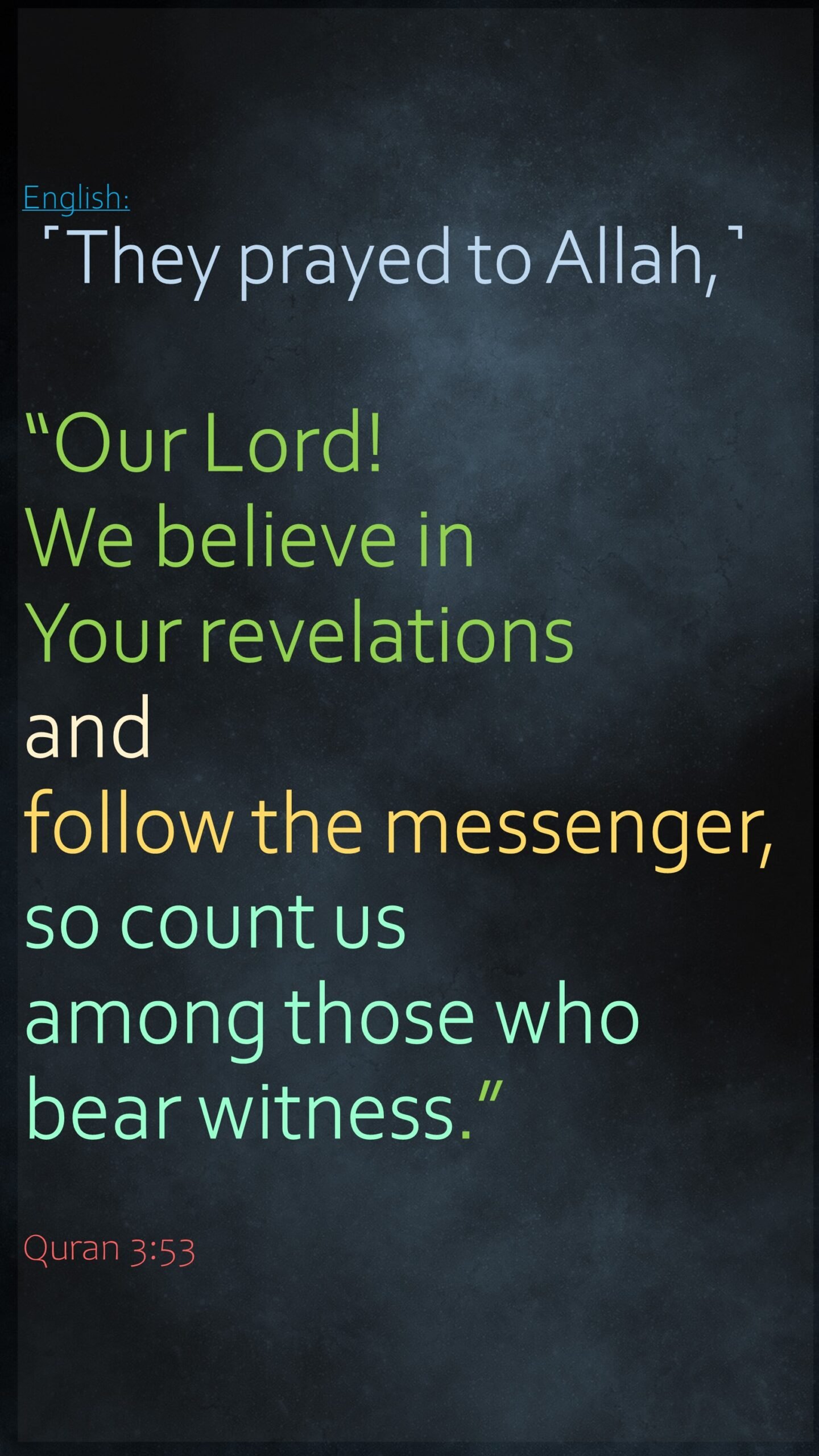Skip to Content
Tag Archives: chapter 3
- Home -
- Posts tagged "chapter 3"
26
Mar, 2023
Islam, Quran
Allah, ayat, believe, believer, chapter 3, count, daily, duas, follow, inspirations, islam, islamic, messenger, Muhammad, PBUH, pray, quran, Rabbana, revelations, SAWW, Surah, Verse 53
19
Nov, 2022
Islam, Quran
113, 114, 115, alike, Allah, ayat, book, chapter 3, daily, denied, encourage, evil, forbid, good, inspirations, islam, islamic, judgement, last day, mindful, never, not, people, perfect, prostrate, quran, race, recite, revelations, reward, righteous, Surah, true, upright, verses
17
Nov, 2022
Islam, Quran
Allah, alone, ayat, believe, belongs, bright, chapter 3, daily, disbelieve, earth, faces, forever, gloomy, heavens, injustice, inspirations, islam, islamic, judgement, Mercy, Muhammad, PBUH, Prophet, Punishment, quran, return, revelations, SAWW, Surah, truth, verses 106 to 109
16
Nov, 2022
Islam, Quran
Allah, ayat, believers, chapter 3, daily, deserve, die, full, Him, inspirations, islam, islamic, mindful, quran, state, submission, Surah, SWT, Verse 102
15
Nov, 2022
Islam, Quran
Abraham, accepted, Allah, ayat, chapter 3, daily, day, Descendants, distinction, fully, hereafter, inspirations, Isaac, Ishmael, islam, islamic, Jacob, Jesus, Lord, loser, Moses, Muhammad, no, not, other, PBUH, Prophet, prophets, quran, reveal, SAWW, submit, Surah, SWT, verse 84, verse 85, way
12
Nov, 2022
Islam, Quran
Al-Muttaqoon, Allah, ayat, chapter 3, daily, fear, inspirations, islam, islamic, love, Pious, pledge, quran, Surah, verse 76, ٱلۡمُتَّقِینࣱَ
10
Nov, 2022
Islam, Quran
Allah, ayat, believe, chapter 3, daily, dislike, full, good, inspirations, islam, islamic, Muhammad, PBUH, Prophet, quran, reminder, reward, SAWW, signs, Surah, verse 57, verse 58, wise, wrongdoers
9
Nov, 2022
Islam, Quran
Adam, All-Wise, Allah, Almighty, alone, ayat, Be, chapter 3, children, created, curse, daily, doubt, dust, except, inspirations, invoke, islam, islamic, Jesus, Lord, narrative, Prophet, quran, Surah, true, truth, Verses 59 to 62, women, worship, worthy
7
Nov, 2022
Islam, Quran
Allah, ayat, chapter 3, daily, day, deeds, far, good, Gracious, Himself, inspirations, islam, islamic, misdeeds, off, presented, quran, servants, Soul, Surah, verse 30, warn, watch, wish
6
Nov, 2022
Islam, Quran
Allah, ayat, chapter 3, conceal, daily, earth, everything, heavens, inspirations, islam, islamic, know, Most Capable, quran, reveal, Surah, verse 29










